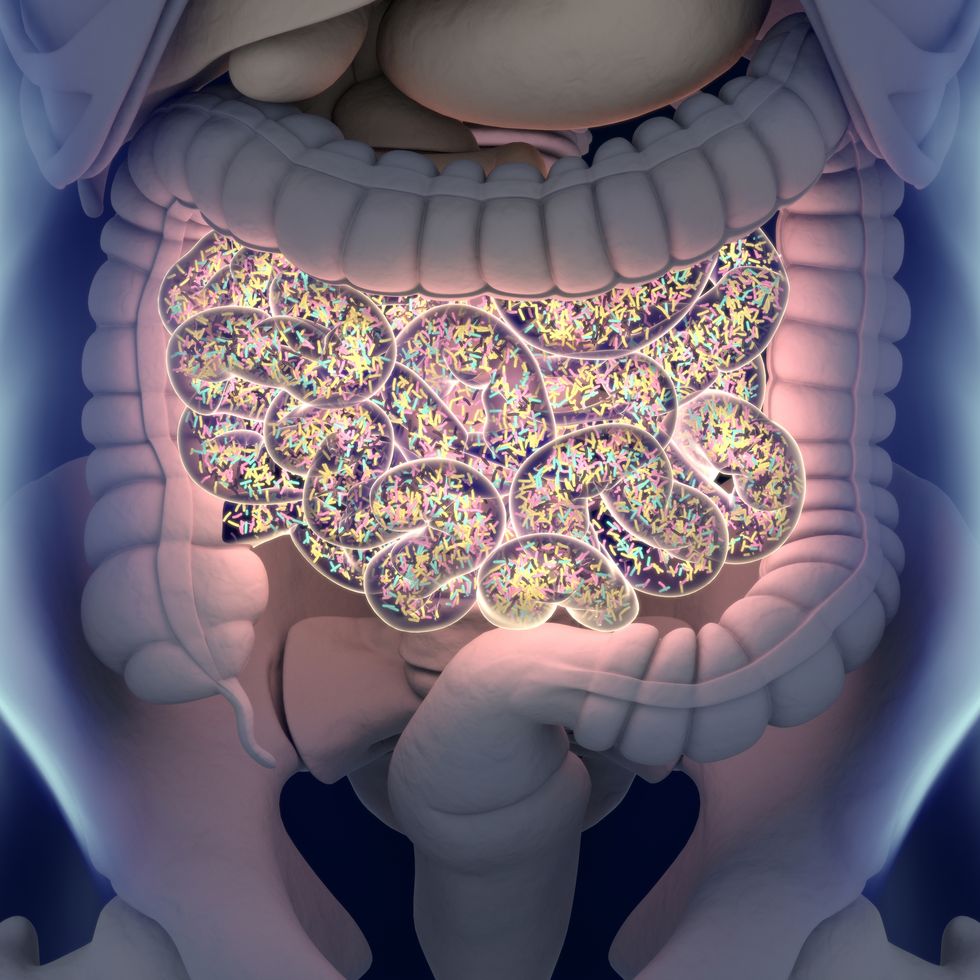CONDITIONS
Small Intestinal Bacterial Overgrowth (SIBO)

Small intestinal bacterial overgrowth (or SIBO) is a condition caused by an excess of bacteria in the small intestine. These bacteria can ferment nutrients in your food before your gut has time to absorb them.

What are the symptoms of SIBO?
Typical symptoms of SIBO include gas and bloating – especially after eating. Other symptoms include fullness or heaviness after eating, nausea, diarrhea and abdominal cramps. In severe cases malnutrition and weight loss can occur due to the bacteria using up so many of the nutrients in your diet.
What causes SIBO?
The small intestine is the main site where your gut absorbs nutrients from the food you eat. Unlike the large intestine (or colon) there are usually very few bacteria in the small intestine. In SIBO there is a build-up of bacteria in the small intestine. These can compete with your gut for the nutrients in your food. Bacteria can break down or ferment the food resulting in gas production, abdominal cramps and often diarrhea.
In most cases there is no clear explanation for why a person develops SIBO. It may occur due to food passing more slowly through the digestive tract resulting in excess bacterial growth. Possible causes of this include pH changes in the small bowel, nerve damage or muscular malfunction in the intestine.
Risk factors for developing SIBO include previous gastrointestinal surgery (including certain weight-loss operations), diabetes, Crohn’s disease, hypothyroidism, Parkinson’s disease and scleroderma. Chronic use of medications that slow gut transit (such as certain strong painkillers) or reduce stomach acidity may also contribute.
How is SIBO diagnosed?
Taking a careful history can help your doctor suspect SIBO as the cause of your symptoms. A breath test to check for levels of hydrogen can help make the diagnosis. Specialized stool or urine tests can also be helpful.
How is SIBO treated?
Treatment for SIBO is usually with a course of gut-specific antibiotics. Dietary changes may also be necessary, especially if there are also food intolerances present.

Dr Neil has over 25 years of experience in diagnosing and treating SIBO. He can arrange any necessary tests in dubai and help you choose the right treatment for your condition.
